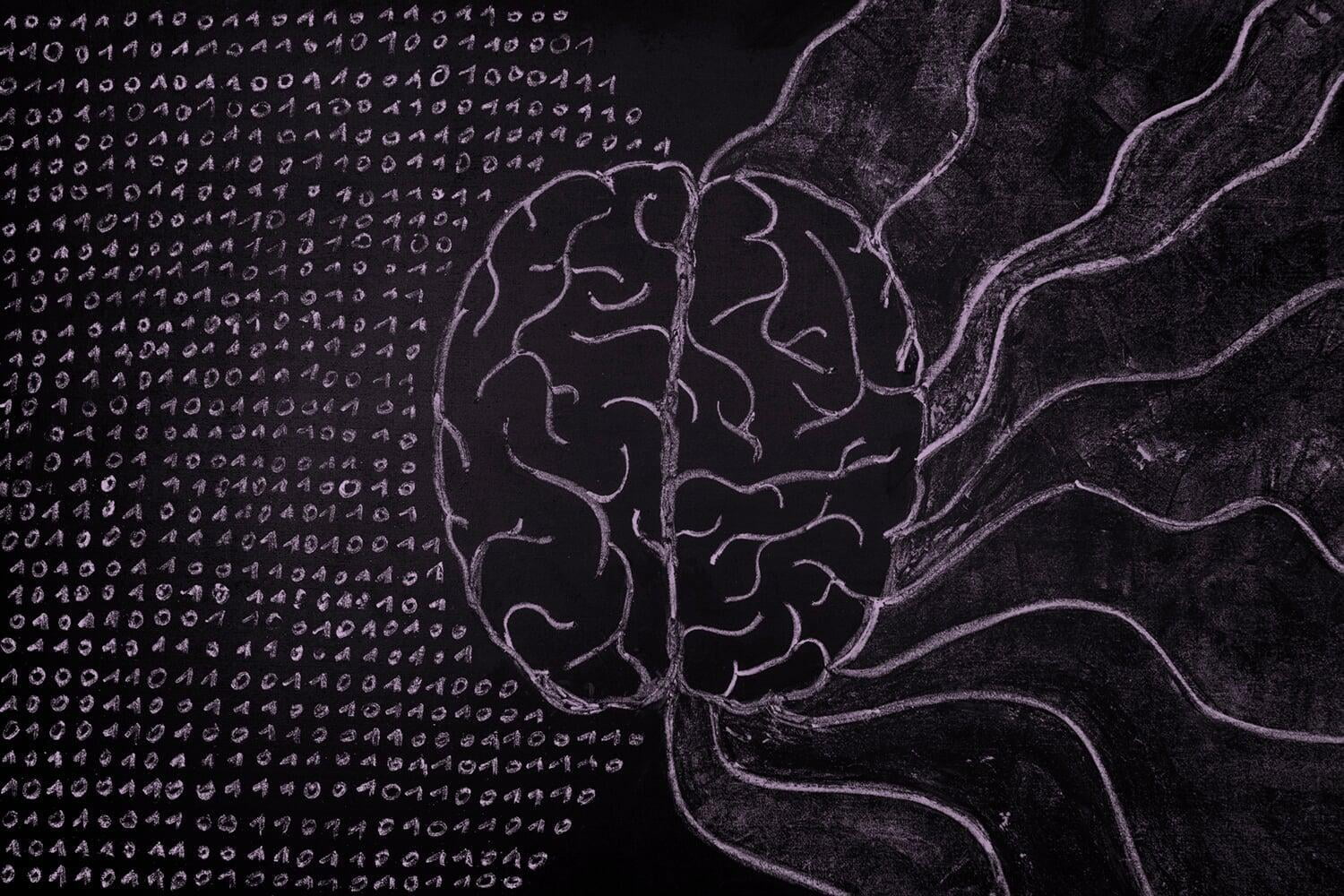Game Changers | Lead | School Strategy
Knowing the Way of School Strategy
Knowing the way of school strategy begins and ends with understanding what it is that schools should be doing in terms of their core business – teaching and learning in 21C.

To understand this we must ask ourselves an important question. What is the nature of learning in great schools from leading thinkers on 21C education? It starts with identifying exactly where 21C learning differs from the learning and schooling that preceded it. Of course, there is much in great schooling that endures regardless of the time or place – relationship, experience, and expertise are foremost among them. What is distinctive among the expectations for schools now is about the shift towards a refined people dimension of schooling – how we personalise and align what we do in respect of programs, pedagogy, place, productivity, and processes. Learning within such a context incorporates data-informed research, practice and an attention to continuous improvement through formative and summative assessment that speaks to a sharp focus on learner outputs through standards-referenced curriculum and learning outcomes benchmarking. We emphasise research that shows the critical nature of teacher performance and professional development in realising this. We use learning theory influenced by the science of learning including advances in neuroscience, and psychology including theories such as growth mindset. We incorporate ICT, innovative learning spaces and educational architecture to enhance the learning environment. And we give priority to learner voice and agency throughout.
These speak to a learning culture that, according to the research from the Grattan Institute, Australia social non-partisan policy research body, harnesses the power of student engagement, teacher partnership in educational reform, a positive teaching environment and professional growth strategies, value-added educational measures, distributed educational leadership, and improved accountability. The NMC Horizons Reports emphasise in the context of our technologically-enriched world that although education paradigms are shifting internationally to take into account the prevalence of online learning, specific new technologies, hybrid learning and collaborative models, and the increasing presence of social media in all aspects of society, the abundance of resources and relationships available because of new technologies is compelling a fundamental rethink of the role of educators, and that openness as a concept and an expectation is, in particular, changing perceptions of how education should function. The ideas of thinkers such as Sugata Mitra, Sir Ken Robinson and Peter Gray, and the work of institutions such as AltSchool and High Tech High combine to challenge us to contemplate whether a “school” should look and feel very different in our times.
The major determinant of a school’s success and sustainability comes from the quality of the teaching, the quality of learning relationships within a whole education for character and competency, and the longitudinal bonds of families to the school over generations.
A good school focuses on the whole education of the whole person – a great school assembles the ingredients of high-performance culture in delivering this education. A great school, a school of character, identifies the ‘secret sauce’ of aspirations, a sense of kinship, and pathways to success, and applies this to a culture of inspiration, challenge, and support. This culture fosters both the pursuit of excellence by young people of character, and the sense of belonging to and engagement in school. It keeps them in their groove and holds them to the educational purpose of desired graduate outcomes based on 21C civic, performance and moral character competencies. The community of inquiry and practice in such a school needs to ask very specific strategic questions about what the school is trying to do. Does the school have a shared conviction that character is the whole work of a school? Does the school empower the emerging voice and agency of students on their pathway to adulthood as they wrestle with what they think about their mark (their inner sense of fulfilment) and their measure (their sense of validation according to what others expect of them)? Does the school cultivate and put into practice values, attitudes, and dispositions associated with:
- Civic Character: Do we provide a sense of belonging and is realised through virtues of respect, civility, and consideration for others?
- Performance Character: Do we strive to reach potential and is realised through virtues of purpose, persistence, and reflection?
- Moral Character: Do we aspire to do what is good and right and is realised through virtues of courage, honesty, and humility?
There are four elements of strategic competency that facilitate knowing the way in an excellent 21C school.
Strategic clarity
Understanding how educating students makes schools different from other businesses: Your role in this respect is to clearly and appropriately identify the specific nature of an enterprise that educates students in 21C. The students are the brand – what they believe, how they respond to this ethos through their actions and how they translate this into a lifetime of community service. The major determinant of a school’s success and sustainability comes from the quality of the teaching, the quality of learning relationships within a whole education for character and competency, and the longitudinal bonds of families to the school over generations. The context and culture of leadership and learning must focus on needs of students and the outcomes they attain from their education – bricks and mortar are peripheral but highly influential as symbolic of care, innovation, quality and success within education. Educational ends are sometimes apparently intangible – at best we can measure value-added results part-way through students’ lifelong learning cycles, but note that academic and other results influence perceptions of reputation greatly. Values, relationships and value proposition are influenced by filtered perceptions, especially the impact of adolescence parent/student “customer/client” relationships on communication and the word of mouth within the broader community. And finally, as not-for-profit institutions, financials run over cycles much longer than the typical business cycle of 12 months and are only the means to the end within a culture of resource limitations where people seek “more for less”.
Strategic context
Developing a fit for purpose 21C learning culture: Your role in this respect is to understand what you need to do to position your school for success in a world where the status quo for schools is under constant challenge by the forces for change. This involves combining the best of the international movement for educational progress in terms of learning culture and technology research, ideas, models and frameworks to build a learning culture that steps forward into a preferred future where the vision and vocabulary are shared, the value proposition of the school is agreed on by clients and consumers, and the velocity, shape, and trajectory of change are designed and implemented to meet the needs of internal and external contexts
Strategic insight
Harnessing your school’s distinctive opportunities and advantages to make good strategic choices: Your role is to see and go where others do not. As the Canadian author, academic and thinker Henry Mintzberg puts it in ‘Strategic Thinking as Seeing’ (1995): ‘Seeing ahead, seeing behind, seeing above, seeing below, seeing beside, seeing beyond, and seeing it through’.
Strategic knowledge
Creating your school’s own knowledge laboratory: Ian McNeely and Lisa Wolverton argue in Reinventing Knowledge, From Alexandra to the Internet (2008) that “epochal historical events have determined that the laboratory, not the monastery, will continue to dominate the life of learning. Other late-twentieth century trends, like the democratisation and commercialisation of knowledge, are now pressuring existing institutions to meet the demands of a knowledge society. Above all, the ascendancy of the laboratory is reshaping the basic mission of other institutions, pushing some towards obsolescence, giving others a new lease on life.” Every great school needs to create and curate its intellectual property in a deliberate targeted and intentional fashion. The form this takes can be extravagant or lean – that it is done is essential. How else would a school know what it is doing if not for the acquired habit of establishing its distinctiveness in this fashion. Your role, therefore, is to equip, empower and enable your school’s knowledge laboratory through its community of inquiry and practice.
Knowing the way of school strategy is the competency that helps us to distinguish what we must do to be a great 21C school.






